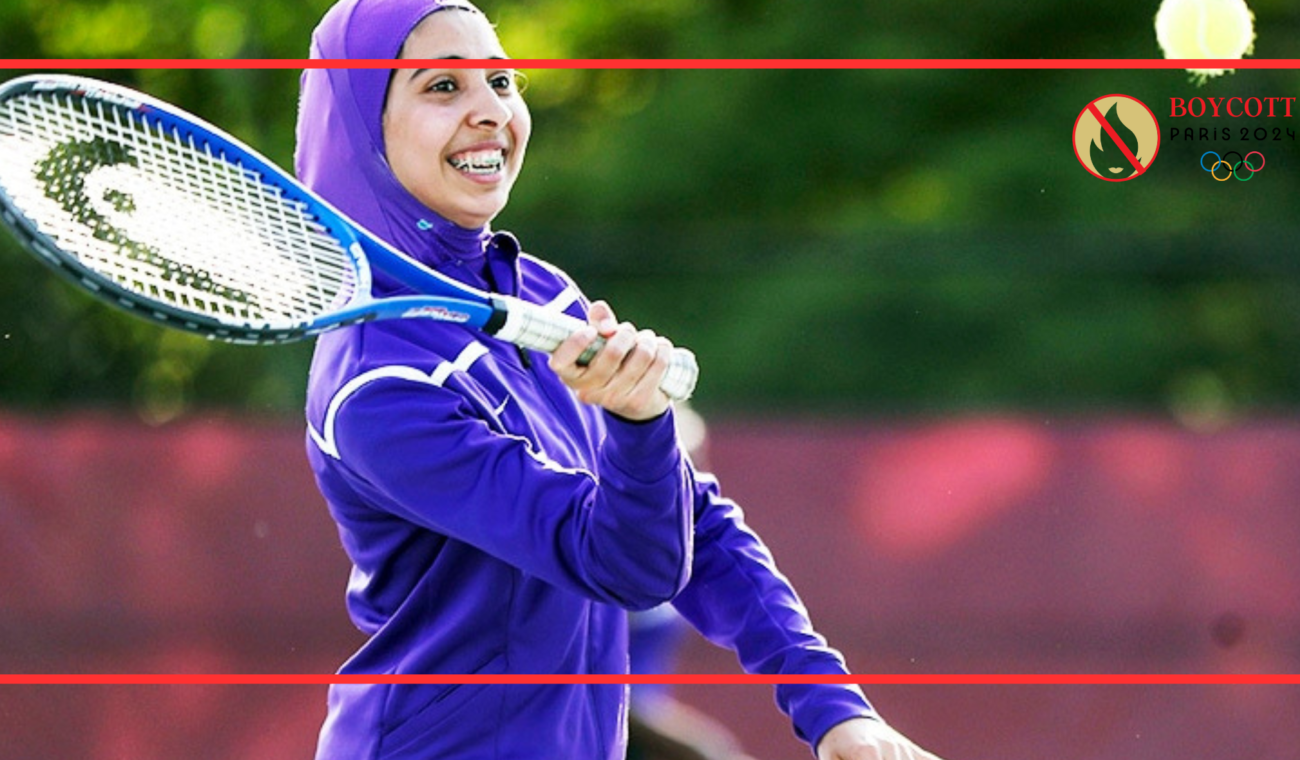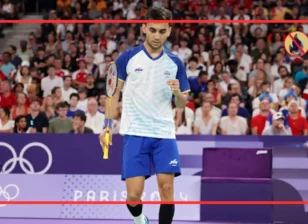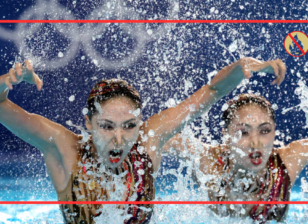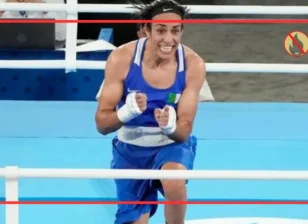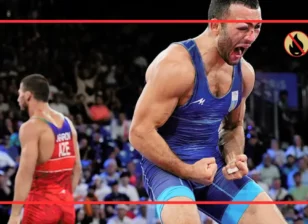France’s hijab ban in sports sparks outrage ahead of Olympics
FRANCE- ahead of the Olympic Games in Paris, Amnesty International said that the International Olympic Committee (IOC) and French authorities are acting in a craven manner by forbidding women athletes from competing at the Olympic Games because it violates international human rights laws.
Does France’s hijab ban undermine Olympic values?
The Women’s Rights Researcher for Amnesty International in Europe, Anna Błuō, stated that prohibiting French athletes from competing at the Olympic and Paralympic Games in sports hijabs “lays bare the racist gender discrimination that underlies access to sport in France and makes a mockery of claims that Paris 2024 is the first Gender Equal Olympics.” “Discriminatory laws governing women’s attire violate the human rights of Muslim women and girls and severely hinder their ability to participate in sports, impeding attempts to make sports more accessible and inclusive.” The country hosting the Olympic Games, France, is in violation of numerous international human rights treaties to which it is a party, as well as the commitments and values outlined in the IOC’s own human rights framework, due to the unworkable situation created by the country’s ban on the headscarf in several sports. The IOC has so far declined to urge French sporting authorities to lift its prohibitions on hijab-wearing by athletes at the Olympics and at all other levels of competition, despite repeated requests. The IOC asserted that France’s ban on sports hijabs was outside the purview of the Olympic movement in response to a petition from a coalition of groups pleading with it to intervene, arguing that “freedom of religion is interpreted in many different ways by different states.” Other rights infringed by the ban, such access to healthcare and freedom of expression, were not mentioned in the IOC’s answer.
How will France’s hijab ban affect Muslim athletes?
The international sports organizations FIFA (International Football Federation), FIBA (International Basketball Federation), and FIVB (International Volleyball Federation) have clothing regulations that are in conflict with France’s restrictions on sports headgear.According to a study conducted by Amnesty International, out of 38 European nations, only France has national laws or specific sports restrictions that explicitly exclude religious headgear. Basketball player Hélène Bâ told Amnesty International that the Olympic hijab ban “is an infringement on our fundamental rights and freedoms, and a clear violation of the Olympic charter, values and provisions.”It will be a humiliating moment for France. Beyond the Olympic and Paralympic Games, Muslim women are prohibited from wearing any kind of religious headgear in France. Hijabs are prohibited in a number of sports, including volleyball, basketball, and football, both in amateur and professional leagues. Because of these sports federation-imposed prohibitions, a large number of Muslim women are not only unable to play sports, but they also never get the chance to train or compete at the Olympic level.
Is France’s hijab ban a form of religious discrimination?
According to amnesty, International law prohibits restricting the freedom of expression and/or religion for the sake of state neutrality or secularism (lȁcité). However, for a number of years, French authorities have used these ideas as a justification to pass laws and implement policies that disproportionately affect Muslim women and girls. And all of this is happening against the backdrop of a persistent, two-decade campaign of detrimental legislation and regulations regarding the attire of Muslim women and girls in France, which is supported by racism, bigotry, and gendered Islamophobia. As per aljazeera, A letter demanding that the International Olympic Committee publicly call on French sporting authorities to reverse all bans on athletes wearing the hijab in French sport, both at Paris 2024 and at all times and all levels of sport, was published on June 11 by members of the Sport & Rights Alliance and Basket Pour Toutes. In order to uphold secularism and guarantee “absolute neutrality in public services,” the nation’s athletes will not be permitted to don hijabs during the Olympics, according to an announcement made in September by the then-French Sports Minister Amelie Oudea-Castera. France is the only nation on the continent that forbids athletes wearing headscarves from competing in the majority of domestic sporting events, a move that sparked intense condemnation and demonstrations despite the nation housing one of Europe’s largest Muslim communities. Athletes will be allowed to wear the hijab at the athletes’ village, according to confirmation from the International Olympic Committee.
Call to action: Boycott Pairs Olympics 2024
Due to France’s discriminatory prohibitions, which inflict shame, pain, and fear, many women and girls have abandoned their passion for athletics or have even looked for chances elsewhere. Restricting Muslim women and girls from completely and freely engaging in sports as a form of employment or pleasure can have detrimental effects on their emotional and physical well-being, among other elements of their life. Boycott Pairs Olympics 2024 due to the elegance of government.

